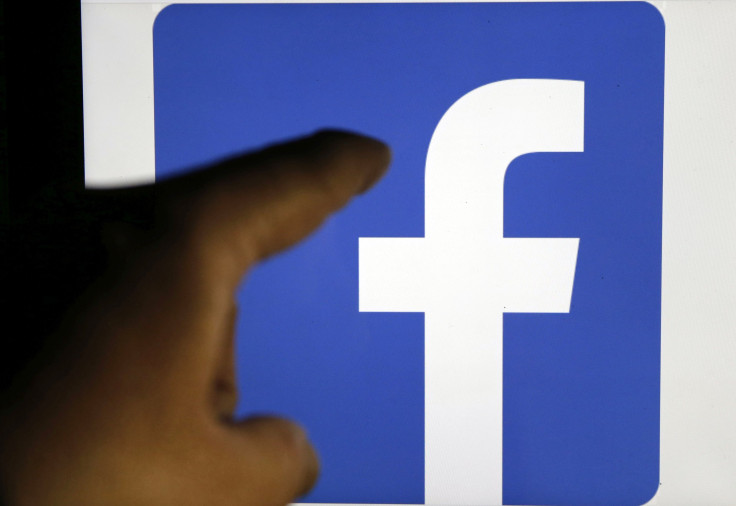Facebook Pages Sharing 'False News' No Longer Eligible For Ads

Facebook announced Monday that it would be taking steps to block advertising from pages that “repeatedly share false news. ” The announcement came in the form of a post on Facebook’s newsroom blog written by Product Managers Satwik Shukla and Tessa Lyons.
The announcement is one of many that have come in the past few months since Facebook CEO and co-founder Mark Zuckerberg penned a long letter to the Facebook community about changes he would be making to the social media platform. The letter detailed the changes he would be making to the site, back then he wrote, “ Our approach will focus less on banning misinformation, and more on surfacing additional perspectives and information, including that fact checkers dispute an item's accuracy.”
The strategy for cracking down on false news has three “key areas” says Facebook. Those are “disrupting economic incentives,” “building new products” like the false news education tool, and “helping people make more informed decisions.”
Monday’s announcement doesn’t contradict the earlier statement Zuckerberg made. It specifies that the change which will be part of an update to the site Monday will simply take away one of the incentives for sharing or creating false news.
“ This update will help to reduce the distribution of false news which will keep Pages that spread false news from making money. We’ve found instances of Pages using Facebook ads to build their audiences in order to distribute false news more broadly,” said the release from Shukla and Lyons. However, if the pages sharing false news stop and later only post verifiable news, those pages could become eligible for ads once again.
Before the change the site didn’t allow advertisers to run ads that “link to stories that have been marked false by third-party fact-checking organizations.” The new update is simply an addition to this policy. It takes that action a bit further and brings the advertising restrictions to pages that share false stories, not just those that post false news. Those third-party fact-checking organizations are signatories of Poynter’s code of principles, according to Facebook. This means those checking and classifying news as false or not are using Poynter’s code of principles to make those decisions.
The updated advertising ban is part of an effort Facebook has been making for months to limit false news. The site also created a guide for spotting false news on the site and a way to report false news. Facebook teamed up with a non-profit called First Draft to come up with an education tool for users to help them improve their false news spotting abilities. This tool was made available in 14 countries around the world
© Copyright IBTimes 2025. All rights reserved.



















